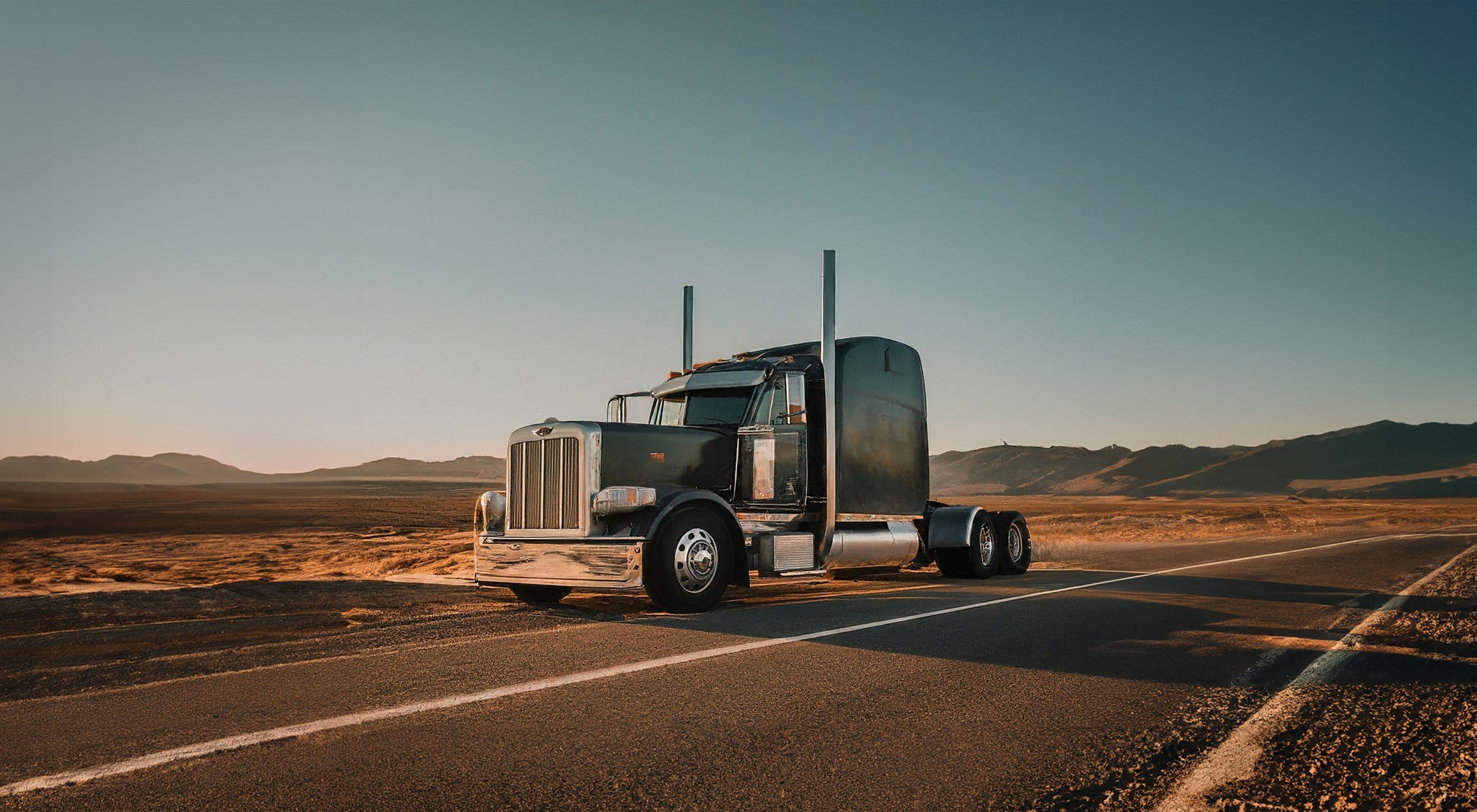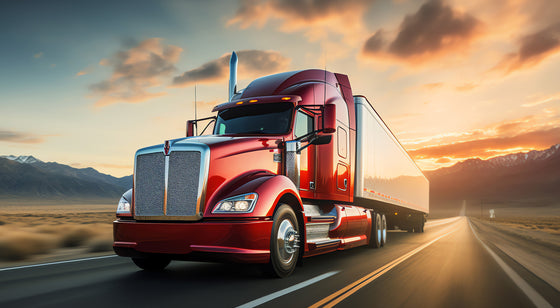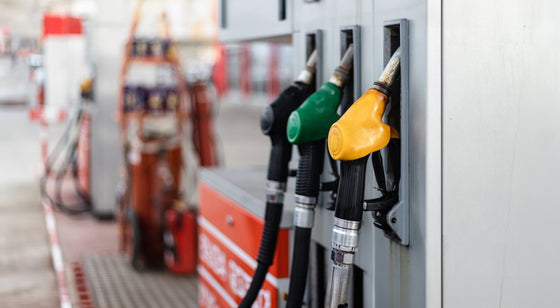
The rumble of diesel engines powering large trucks across the nation has long been the backbone of the transportation industry. However, with a growing focus on environmental sustainability and stricter emission regulations, the industry is at a crossroads. Alternative fuels like Compressed Natural Gas (CNG) and Renewable Natural Gas (RNG) offer a cleaner path forward, but a significant hurdle remains – range anxiety.
For fleet owners accustomed to the well-established diesel infrastructure and predictable range, transitioning to alternative fuels can be a daunting proposition. The fear of running out of fuel far from a refueling station, particularly in remote areas, is a real concern known as "range anxiety." This anxiety can significantly impact operational efficiency and deter fleet owners from embracing cleaner alternatives.
This is where the innovative concept of dual-fuel trucks emerges as a game-changer. By combining the clean-burning benefits of CNG/RNG with the familiar reliability of diesel, dual-fuel technology offers the best of both worlds. Let's delve deeper into how dual-fuel trucks address the range anxiety challenge and empower a smoother transition towards a greener future for the transportation industry.
The primary concern for many fleet operators considering a switch to CNG or RNG is the limited refueling infrastructure compared to the ubiquitous presence of diesel stations. While the CNG/RNG network is rapidly expanding, particularly in major transportation corridors, gaps still exist, especially in rural areas. This lack of readily available CNG/RNG stations creates a constant worry – what happens if the truck runs out of fuel on a long haul, potentially causing delays, disruptions, and financial losses?
This "what-if" scenario fuels range anxiety, acting as a major deterrent to widespread adoption of alternative fuels. Fleet owners are hesitant to invest in CNG/RNG vehicles without the assurance of a robust refueling network that can seamlessly support their long-distance operations.
Dual-fuel technology offers a compelling solution to this dilemma. It equips trucks with a bi-fuel system, allowing them to operate on both CNG/RNG and diesel fuel. The truck seamlessly consumes both fuels, using less diesel to go the same distance. When the CNG/RNG tank is depleted, the system automatically reverts to diesel, ensuring uninterrupted operation and eliminating the fear of running out of fuel.
This dual-fuel capability provides unparalleled peace of mind. Fleet owners can leverage the environmental benefits of CNG/RNG in areas with readily available stations and seamlessly switch to diesel when necessary. This flexibility eliminates range anxiety and empowers a smooth transition to cleaner fuels without compromising operational efficiency.
Dual-fuel trucks go beyond alleviating range anxiety – they offer significant economic advantages as well. Here's how:
To maximize the benefits of dual-fuel trucks, it's crucial to develop strategic fueling plans. Utilize existing CNG/RNG stations along your regular routes and prioritize their use when available. For longer routes or areas with limited CNG/RNG infrastructure, factor in diesel availability to quell any range anxiety. Technology solutions like telematics can provide valuable insights into fuel consumption and optimal refueling locations, further enhancing operational efficiency.
Dual-fuel trucks are a pivotal step towards a more sustainable transportation industry. By combining the clean-burning benefits of CNG/RNG with the familiar reliability of diesel, they address the critical issue of range anxiety, a major hurdle hindering widespread adoption of alternative fuels.
By empowering fleet owners to harness clean technology without compromising operational efficiency, dual-fuel trucks pave the way for a smoother transition towards a greener future. This technology offers a win-win scenario – cleaner emissions for the environment, coupled with significant economic benefits for fleet owners. As the CNG/RNG infrastructure continues to expand, dual-fuel trucks can act as a bridge, allowing the industry to leverage existing diesel fleets while embracing cleaner technologies. This measured approach paves the way for a more sustainable transportation ecosystem, ensuring cleaner air, reduced reliance on fossil fuels, and a future where environmental responsibility goes hand-in-hand with economic prosperity.


